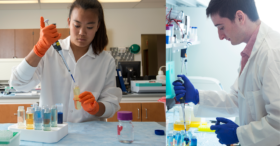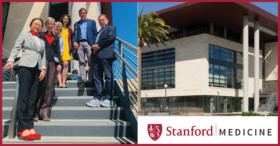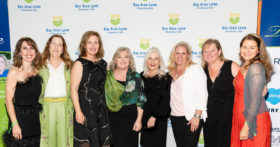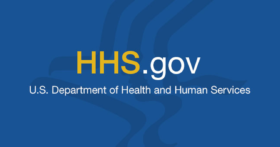FOR IMMEDIATE RELEASE
Media Contact:
Tara DiMilia, 908-947-0500, tara.dimilia@TMstrat.com
Journal of Clinical Microbiology Publishes First Study Using Samples from the Lyme Disease Biobank
More Than 40 Research Projects Have Now Used Samples from Bay Area Lyme Foundation’s Lyme Disease Biobank
PORTOLA VALLEY, Calif., Oct. 15, 2019 /PRNewswire/—Bay Area Lyme Foundation, a leading sponsor of Lyme disease research in the U.S., today announced that a study published in the Journal of Clinical Microbiology reports a potential new diagnostic, mChip-Ld, which can be performed in 15 minutes in a physician’s office, offers efficacy improvement over the current gold standard diagnostic, the two-tier test, and may be able to identify a patient’s Lyme disease stage. The research study, which was funded by the National Institutes of Health, was made possible, in part, by blood samples provided by Bay Area Lyme Foundation’s Lyme Disease Biobank (LDB). LDB is a program of Bay Area Lyme Foundation (BAL), and is supported by donations from multiple sources including the Steven & Alexandra Cohen Foundation.
“Our research toward developing rapid diagnostic assays for Lyme disease is impossible to carry out without having access to laboratory confirmed physician-characterized blood samples,” said study author Maria Gomes-Solecki, DVM, associate professor at The University of Tennessee Health Science Center. “In the past, a limited set of well-characterized Lyme disease samples could be obtained from the CDC. The BAL Lyme Disease Biobank provides another much-needed option in that regard.”



